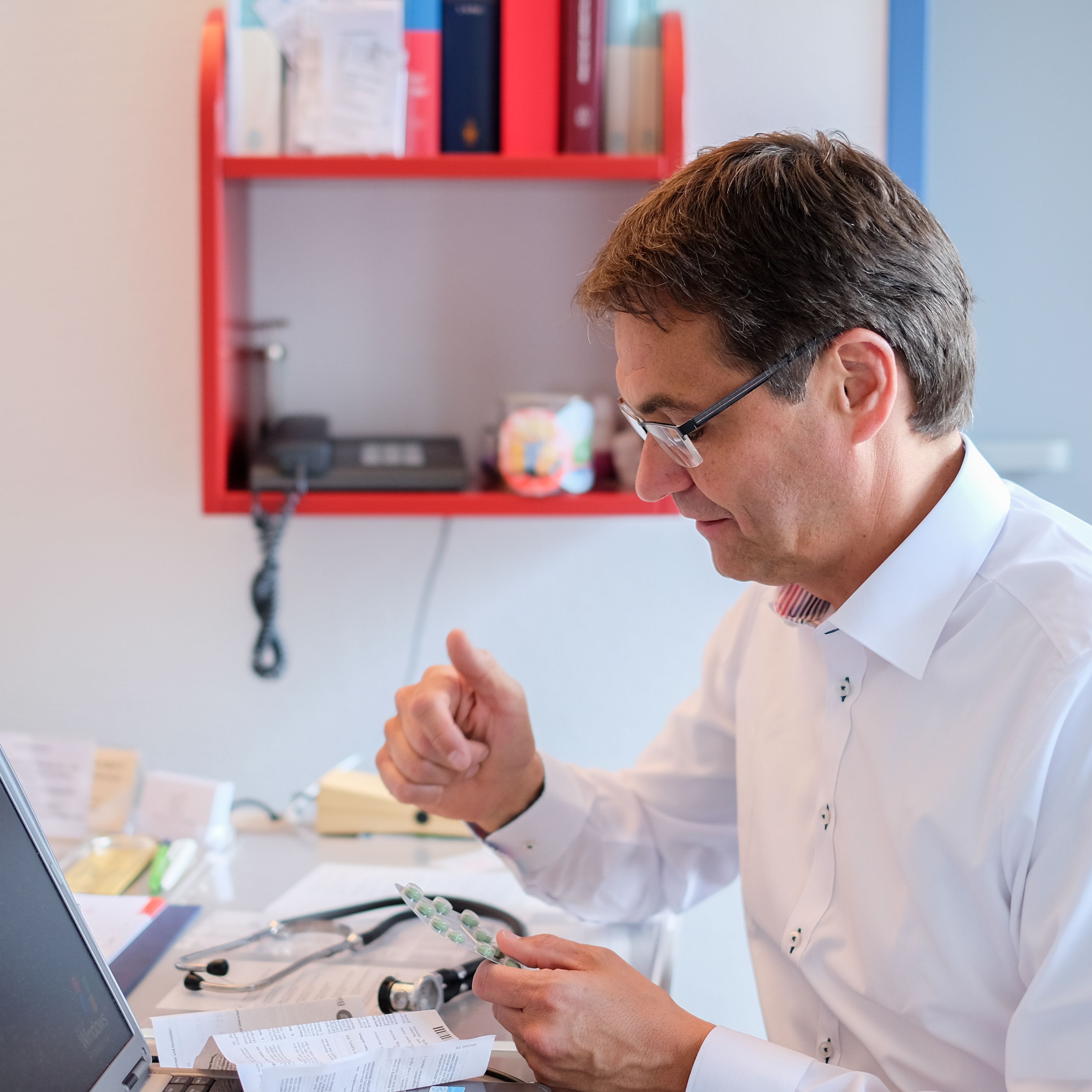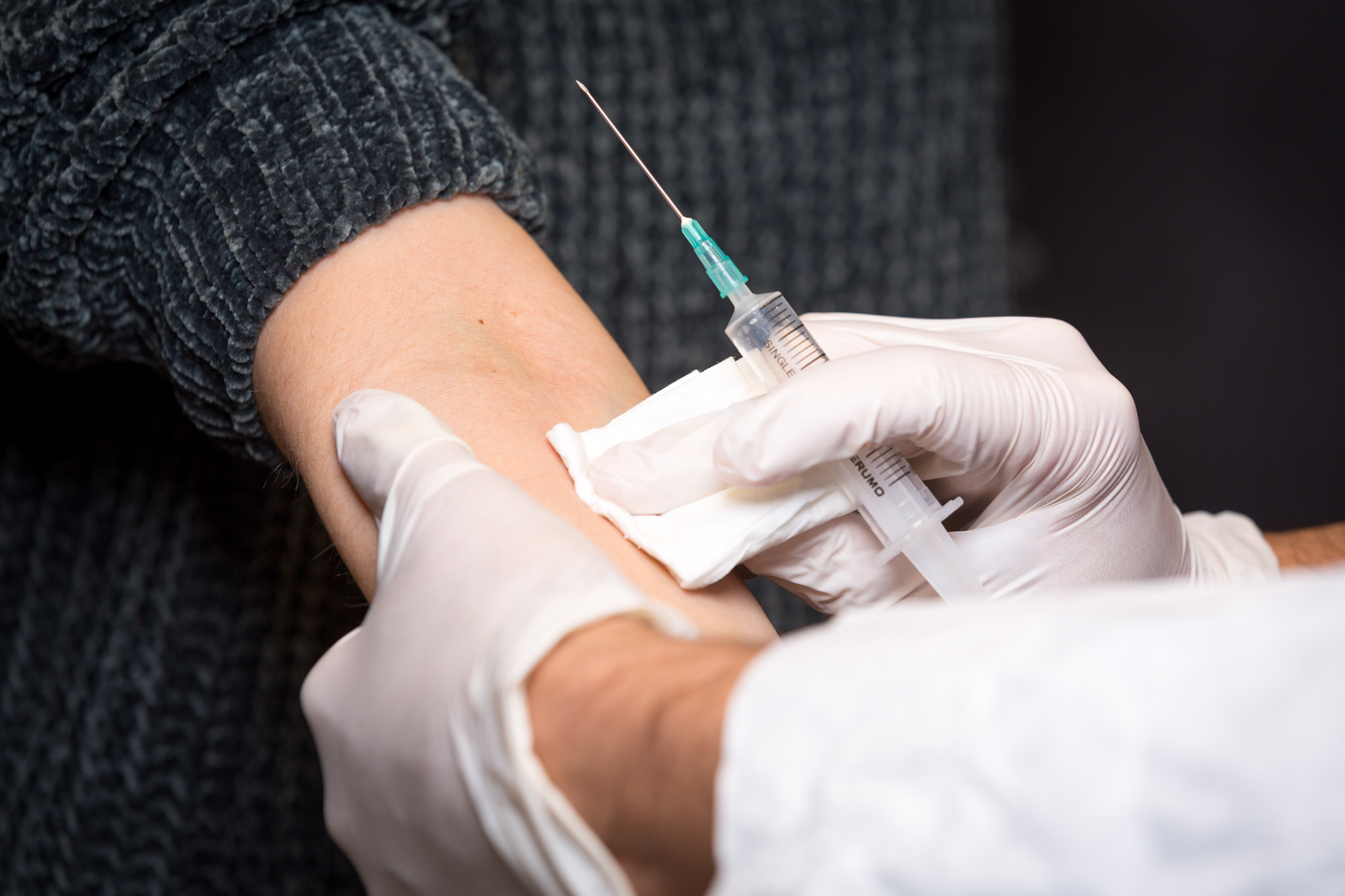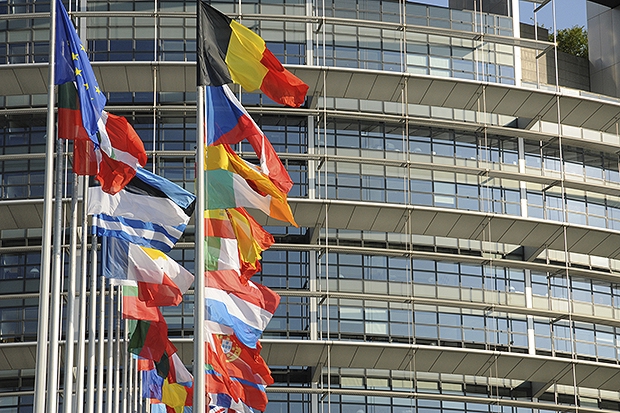
European Medicines Agency recommends approval for first drug against Covid-19
- Details
Procedure for accelerated and conditional approval has proved successful / First important step / Commission should grant approval at short notice
"The European Medicines Agency on Thursday has recommended granting a conditional marketing authorisation for the treatment of Covid-19 with Remdesivir. This is an important step towards the treatment of corona patients in Europe and the first time a drug against the corona virus will be available". This was said by MEP Peter Liese, spokesperson of health of the biggest group in the European Parliament (EPP, Christian Democrats).
Conditional marketing authorisation means that the experts believe that the drug is probably effective and has low side effects, but that it is still necessary to investigate carefully during treatment whether this assumption is correct. In order to better prove the efficacy and safety of Remdesivir, the company must submit the final reports of the Remdesivir trials to the EMA by December of this year.
Peter Liese demands further investigations, in particular to find the optimal time and the optimal dosage form for Remdesivr. "According to many experts, it is important that Remdesivir is given at a relatively early stage of the disease, when the spread of the virus still plays a relatively large role. In the final stage, other drugs such as Dexamethasone work better because it is not the virus that determines the course of the disease, but a kind of autoimmune reaction. It is therefore important to find the right time and perhaps a form of administration via the respiratory tract is more effective than the previous form of administration”, Liese said.
Read more: European Medicines Agency recommends approval for first drug against Covid-19
Commission to come up with Vaccine Strategy
- Details
Vaccine against Covid-19 must be safe, must come fast and be produced at large scale / European Cooperation indispensable
“We need a vaccine that is safe, that comes fast and can be produced at large scale as soon as possible”, said Peter Liese, health-spokesperson of the largest parliamentary group in the European Parliament, (EPP Christian-Democrats), ahead of the presentation of the Commission’s Vaccine Strategy. The Commission will come with a set of proposals on Wednesday to make a vaccine against Covid-19 available for EU-citizens and the rest of the world as soon as possible. One key element of the proposal is a common advanced purchase of vaccines. The Commission will propose to spend 2.4 billion Euro of EU emergency plan to reserve doses of vaccine, even though the vaccine is not yet authorized. This builds up on an initiative of France, Germany, Italy and the Netherlands that already concluded a contract with company AstraZeneca last week.
Coronary outbreak at slaughterhouse in Germany - EPP calls for consequences throughout the EU
- Details
Peter Liese and Dennis Radtke:
Letter to Ursula von der Leyen / Systematic testing of all employees / Liability also for subcontractors / European data protection basic regulation does not stand over infection protection
"The corona outbreak at the Tönnies company in Germany shows that the intolerable conditions in the meat industry not only harm the workers who have to work and live under inhumane conditions, but also affect the general population and that an entire region is now suffering as a result of the corona measures imposed. This is something that must now be remedied quickly and clearly. This was said by EPP MEPs Peter Liese and Dennis Radtke. The two MEPs sent a common opinion to Commission President Ursula von der Leyen. You can find it under
https://www.peter-liese.de/images/JointOpinionLieseRadtke.pdf
Christian Democrats of the European Parliament want compulsory masks and ensured distance in aircraft
- Details
Many people are now wondering whether it is responsible to take the airplane when going on (summer) holidays. Therefore, the Christian Democrats in the European Parliament have taken up the topic "Corona and Tourism". In a comprehensive paper, the Members of Parliament are pressing for tourism to be allowed to resume, but: at the same time, they are calling for strict measures to prevent a second corona wave. In particular, they call for the recommendations by the European agencies responsible for aviation as well as the agency responsible for disease control (EASA and ECDC) to be rapidly implemented. Concretely this means: wearing masks needs to be mandatory and distancing needs to be ensured in airplanes. EASA and ECDC have proposed that the airlines should ensure that social distancing not only kept at the airport but also in the aircraft, meaning that at least the middle seat must be left free or a whole row.




